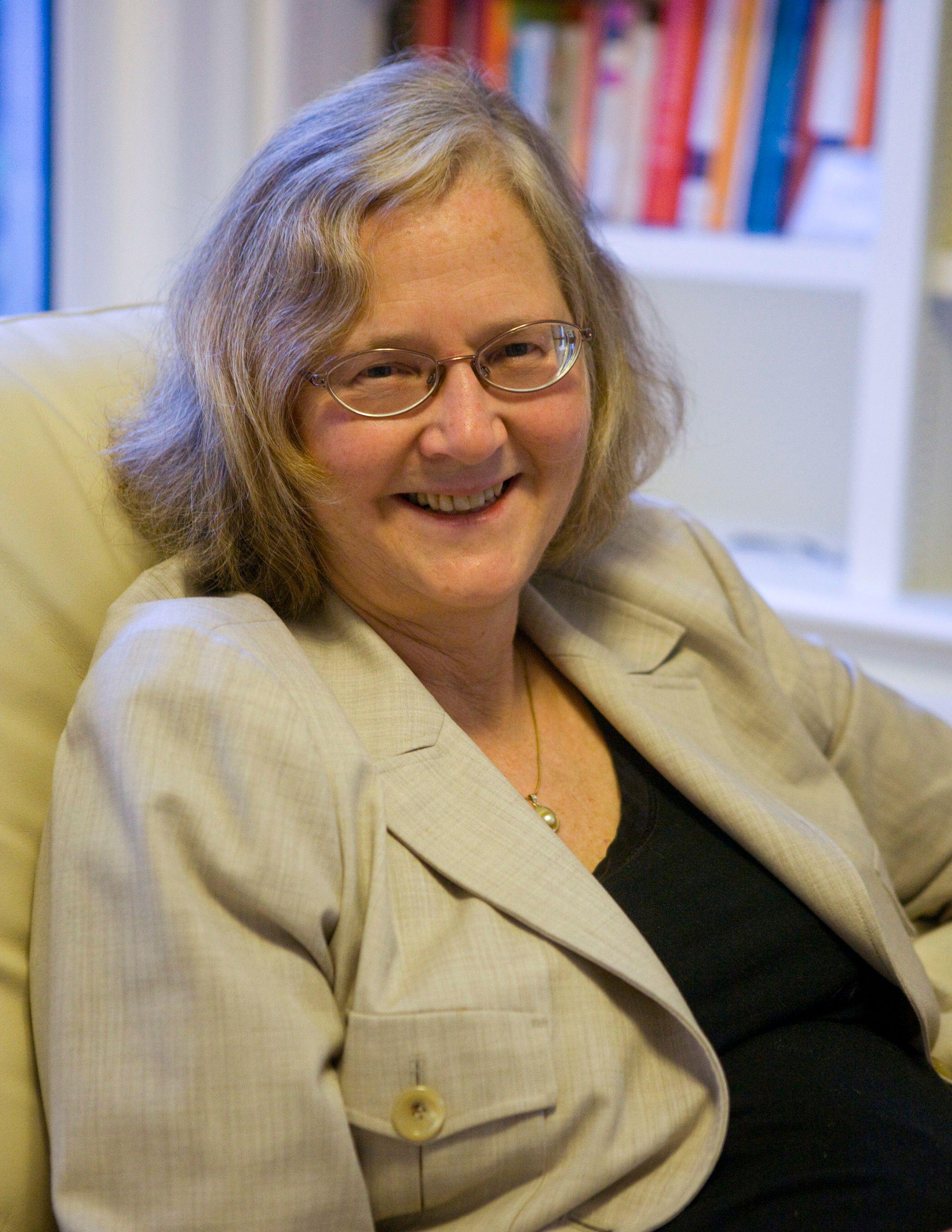Blackburn, Elizabeth Helen (1948-…), an Australian-born American biologist, shared the 2009 Nobel Prize in physiology or medicine for her work with telomeres. Telomeres are protective structures on the ends of chromosomes, the threadlike parts in cells that carry genetic (hereditary) information (see Telomere ). She shared the prize with two other American biologists, her former student Carol W. Greider and the English-born Jack W. Szostak.

Chromosomes carry genes, which are encoded in the structure of the genetic material DNA (deoxyribonucleic acid). Genes are the chemical instructions that determine the form and function of each cell in an organism. In her research, Blackburn mapped the DNA sequence of a single-celled organism called Tetrahymena. She discovered that a particular highly repetitive sequence of DNA is always found at the chromosome’s end. This sequence occurs along with specialized proteins that form the telomere.
Blackburn and Szostak later demonstrated that telomeres have a protective function in cells. If telomeres become too short, the ends of the chromosomes can become sticky. Such sticky ends may fuse to other portions of the chromosome or to other telomeres. These fused chromosomes can break and re-form in harmful rearrangements. The biologists thus determined that the telomere acts as a protective “cap” at the end of the chromosome. It prevents the end of the chromosome from fraying, much as the plastic tips of shoelaces prevent the strands from unraveling. Scientists understand that cancer and other diseases associated with aging are characterized by chromosome damage. Thus, telomeres play an important role in preventing disease.
Blackburn was born in Hobart, Tasmania, on Nov. 26, 1948. She studied biochemistry at the University of Melbourne in Australia, graduating in 1970, and received a master’s degree in 1972. She earned her Ph.D. degree in molecular biology in 1975 from Cambridge University in England. She later continued her research at Yale University in New Haven, Connecticut. In 1978, she took a faculty position at the University of California at Berkeley. In 1990, she joined the faculty at the University of California in San Francisco. She is currently professor in the Department of Biochemistry and Biophysics. She became a United States citizen in 2003.
See also Greider, Carol Widney ; Szostak, Jack William .
